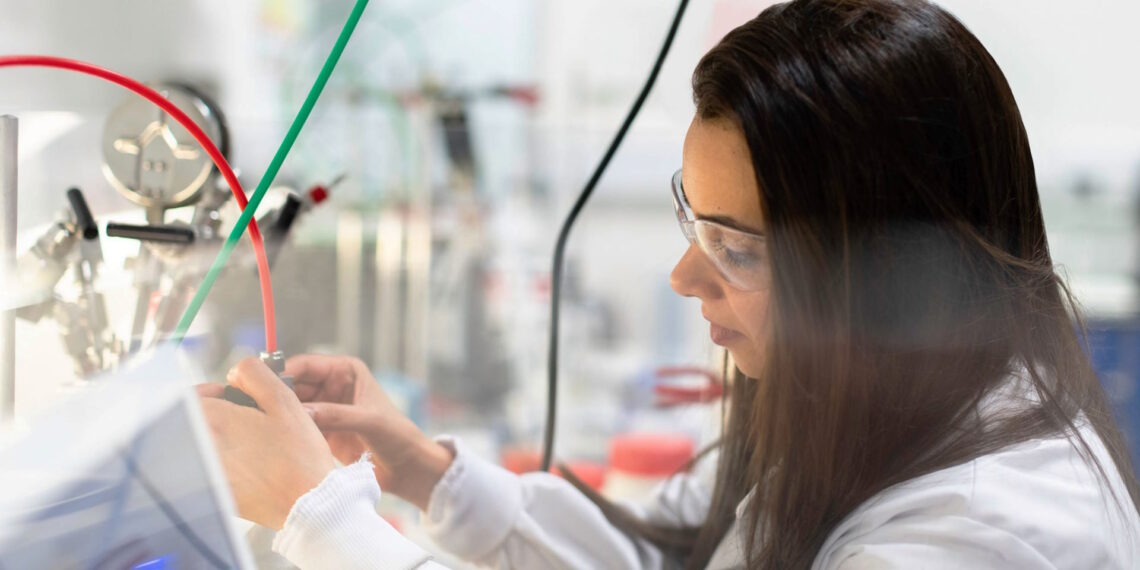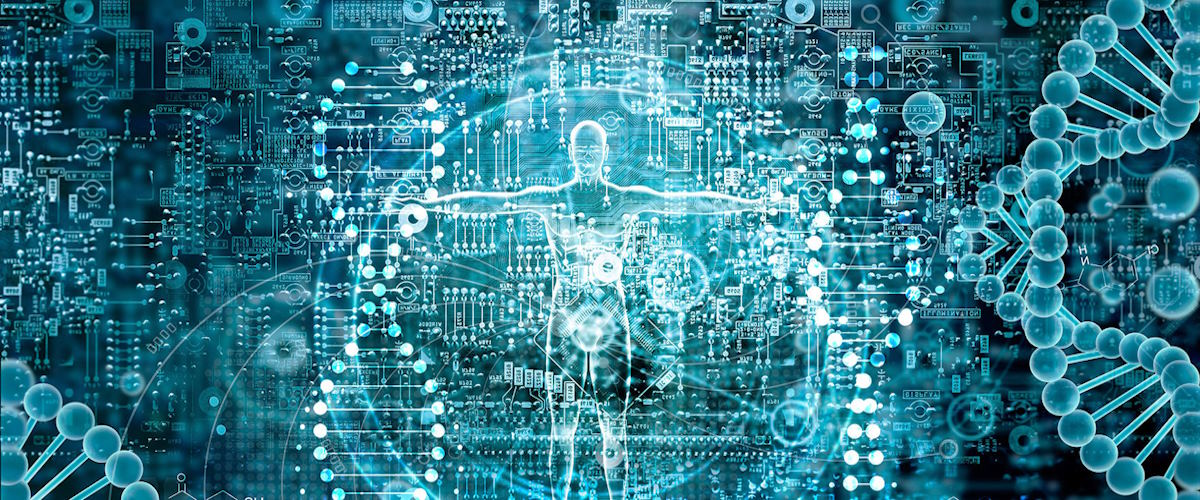The Relationship Between Science and Ethics in Modern Research

As scientific research continues to evolve at a rapid pace, the relationship between science and ethics has become more important than ever. While scientific discoveries have the potential to bring about significant advancements, they also raise ethical questions that require careful consideration. Balancing innovation with moral responsibility is crucial to ensuring that new technologies and methods are developed in a way that benefits society while minimizing harm.
Ethical Guidelines in Scientific Discovery
In order to navigate the complex ethical landscape of modern research, ethical guidelines are essential. These guidelines help researchers understand their responsibilities and the potential consequences of their work. In fields such as medicine, genetics, and artificial intelligence, the stakes are particularly high, as discoveries can directly impact human life, privacy, and safety.
- Research Ethics: Ethical guidelines in research often focus on protecting human subjects, ensuring transparency, and avoiding conflicts of interest. Researchers must adhere to ethical standards to maintain the integrity of their work.
- Informed Consent: In fields like clinical trials and genetic research, obtaining informed consent from participants is a fundamental ethical requirement, ensuring that individuals are fully aware of the risks and benefits of their involvement.
- Animal Welfare: Ethical guidelines also extend to the treatment of animals in research, ensuring that they are used responsibly and humanely, with minimal suffering.
By establishing these ethical guidelines, science can proceed responsibly, safeguarding the interests of all stakeholders involved.

Balancing Innovation with Moral Responsibility
While scientific innovation has the potential to improve lives, it also carries risks that must be carefully managed. Balancing the pursuit of knowledge with moral responsibility is a key challenge for scientists today. Innovations in genetic engineering, artificial intelligence, and environmental science often push the boundaries of what is possible, but they can also raise serious ethical concerns.
- Risk Assessment: Before implementing new technologies, researchers must assess the potential risks and ethical implications, weighing the benefits against possible harm.
- Environmental Considerations: Many scientific advancements, particularly in fields like biotechnology and environmental engineering, can have unintended consequences on ecosystems, which must be taken into account.
- Social Impact: Scientific breakthroughs can also have profound social consequences, including issues of inequality, privacy, and justice. Researchers must consider the broader societal implications of their work.
Finding the balance between innovation and moral responsibility ensures that scientific progress benefits everyone without compromising ethical principles.

The Role of Ethical Committees in Research
Ethical committees play a crucial role in overseeing scientific research and ensuring that ethical standards are upheld. These committees, often made up of experts from various fields, review research proposals to ensure that they comply with ethical guidelines and regulations.
- Reviewing Research Proposals: Ethical committees evaluate whether research studies meet the necessary ethical standards, such as obtaining informed consent and minimizing harm to participants.
- Providing Oversight: Committees also provide ongoing oversight throughout the course of the research, monitoring progress and intervening if ethical issues arise.
- Promoting Accountability: By holding researchers accountable for their actions, ethical committees help maintain public trust in scientific research.
The role of ethical committees is vital in guiding researchers toward responsible and ethical practices, ensuring that scientific discoveries align with societal values.
The relationship between science and ethics is a complex but essential one. As scientific research continues to advance, it is crucial to have ethical guidelines in place to guide researchers in making responsible decisions. Balancing innovation with moral responsibility and ensuring the involvement of ethical committees are key to ensuring that scientific discoveries benefit humanity while minimizing harm. In the future, the integration of ethics into research will be more important than ever in shaping the direction of scientific progress.

